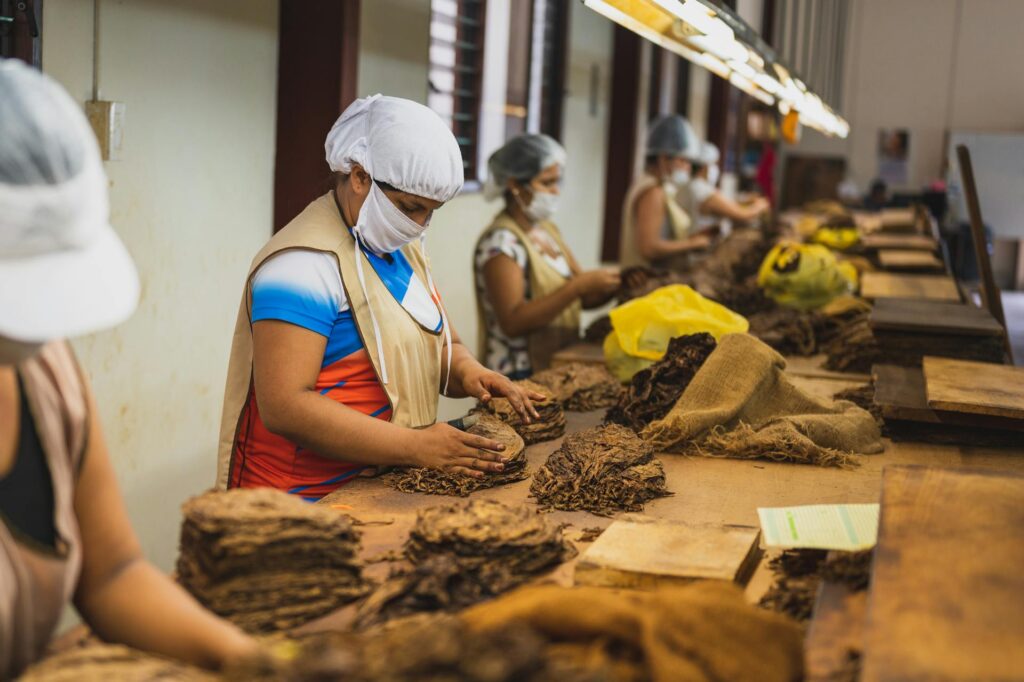March 24th, 2023
According to Jair Bravo, managing partner of the Law Firm Bravo Abogados, Mexico is the fourth most attractive country for nearshoring investments, surpassed only by Japan, Canada and the United States. The spokesperson informed that thanks to its geographical location, Mexico concentrates 80% of the nearshoring market at a global level.
Nearshoring consists in the relocation of business, through which companies send part or all of their production abroad. According to Bravo, this model characterizes by giving a better relationship with the supplier, as well as providing an added value to the client.
With respect to Mexico, nearshoring offers benefits such as working in the same time zone, fewer cultural differences, greater profitability, faster delivery and face-to-face meetings. However, the managing partner highlighted Mexico’s role as a neutral partner between the U.S. and Chinese markets, an opportunity that facilitates production issues and tariff costs.
Data from the InterAmerican Development Bank (BID), shared in the interview, informed that thanks to nearshoring, Latin America and the Caribbean can increase their exports to the United States. With an estimated 78 billion dollars in the short and medium term for the region, Mexico accounts for 35.3 billion dollars through the export of goods.
Likewise, real estate figures discussed with the news agency revealed that Mexico could increase its Gross Domestic Product (GDP) growth by 2 points with such exports. Therefore, and in view of the manufacturing and supply chain situation between China and the United States, the spokesperson pointed out that 79% of U.S. manufacturing companies with operations in the Asian country have already started or have plans to carry out nearshoring in Mexico.
Bravo pointed out that China has become a world power thanks to its tax and tariff regulations, which have allowed it to increase its industrial parks, training and energy. Under this line, the managing partner listed the main challenges that Mexico faces in order to promote the participation of nearshoring:
- Modernizing infrastructure in northern border states;
- Generate investment for the development of skilled labor, including professional training in universities;
- Increase investment and capacity in the energy sector for nearshoring companies in the country;
- Improve the appeal for foreign investment;
- Increase the availability of industrial plants. On this point, the spokesperson indicated that in the north of the country there are 400 companies on waiting list due to the fact that the industrial parks are operating at 90% of their capacity.
According to Jair Bravo, there are international treaties in force in the country aimed at promoting the development of this market. He added that both in foreign direct investment (FDI) and in the debt capital markets, respecting the guidelines of treaties such as the T-MEC should be a priority.
In the opinion of the firm’s legal representative, a dynamic of well-defined roles for the federal government and individuals will allow the nearshoring scheme to position Mexico as a more competitive economy. Likewise, for the federal government, this translates into greater tax collection, which will serve to promote projects and improve the quality of life. “The money does not have to come from the federal government, after the pandemic there is an impressive appetite to invest in Mexico,” he told the news agency.
In light of the above, in Bravo Abogados we would be happy to answer any question you may have regarding this legal alert.
MORE INFORMATION
Contact: jbravo@j-bravo.com.
Youtube: Hablemos Claro y Bravo – YouTube
Spotify: https://open.spotify.com/show/6lu32vQQwkYx5Wl2iik3M3?si=3f4c60890b854af3






